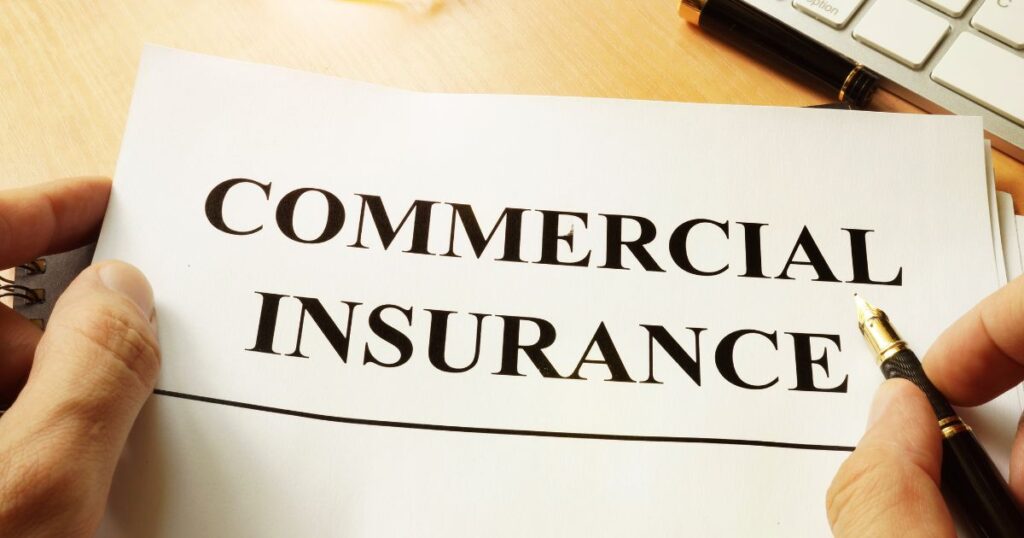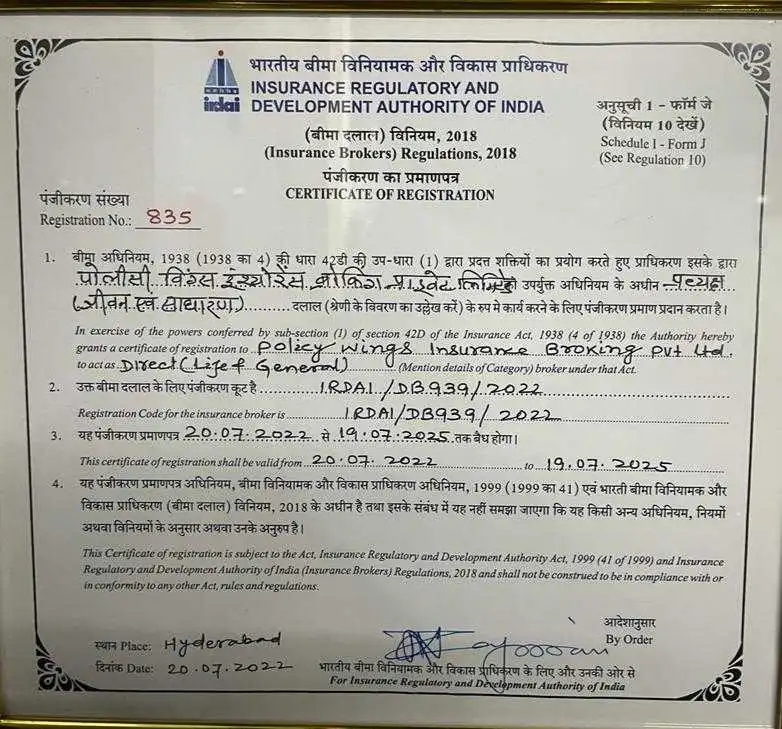Commercial Insurance: A New Business Starter Kit
Table of Contents
ToggleEntrepreneurship: Starting a new business is an exciting venture, not because of the easy things that lie ahead but for the many opportunities available. However, regardless of how new, there is always a type of risk that surrounds any new venture. One of the major ways you can shield your startups from certain unforeseen risks is through commercial insurance. Commercial insurance is tailored for your business. Hence, matters such as litigation, property damage, and many more will not be directed towards your till. So, here’s a detailed version of some need-to-know features of commercial insurance for startups and why it’s going to prove to be crucial to your future success.
Do Startups Really Need Commercial Insurance?
Startups are perceived to start with uncertainties like market risk, operational malfunctions, and even legal problems. It is at this point where commercial insurance will come in to protect your startup business venture. These are a few reasons why every startup has to invest in commercial insurance:
- Liability protection: Legally, your organization may be liable to the damage or injury being caused due to your product, services, and operations. The liability cost for the same is taken care of by commercial insurance by paying the legal cost.
- Covers of Properties under Insurance: In case your business operates at a small office or warehouse, it will surely be the lifeblood of any venture. This is where commercial property insurance covers buildings or premises of your business. It also covers equipment against theft, fire, or any acts of nature that will come without warning.
- Employee Coverage: If you have other employees then it is highly obvious that in most places you will be needed to have; that is, you should ensure that you have worker’s compensation coverage. Such a feature guards not only your employees but your business as well in case of injuries among other workplace injuries against costs related to medication and lost wages.
- Business Continuity: Recovery from some unforeseen incident such as an act of nature will be easier with the insurance cover. With business interruption insurance, there would be a loss from idle time, so you can continue operating the business or get back into full production much sooner.
- Compliance: Depending on your business and where you are located, most startups are strictly necessary to have some forms of insurance, such as workers’ compensation or liability coverage.
Types of Commercial Insurance Every Startup Should Consider
Knowing the types of insurance policies will help you make up a decision as to what fits your needs best. Here are some of the most common ones:
- General Liability Coverage
General liability insurance covers court costs and damages as incurred if the law finds your business liable to injuries of persons or property and claims for personal injury. All start-ups require general liability insurance since small and apparently inconsequential incidents can blossom into costly lawsuits.
Example Application: If your customer, who eventually becomes your company, slip and falls at your office, then your general liability insurance will pay up their medical bills as well as any court case against your business.
- Commercial Property Insurance
Commercial property insurance protects the physical business assets of your company, covering such items as buildings and buildings structures, equipment, and inventory. Common causes of damage include fire, theft, vandalism, or any form of natural disasters.
Example: When there is a fire break in your office, it is commercial property insurance that will indemnify the repairs or reconstruction.
- Errors & Omissions Insurance Also Known as Professional Liability Insurance
Any start-up professional, or consulting firm, should ensure that it acquires the most important form of insurance, for instance professional liability insurance; an example here is a consultant of lawyers, for instance accountants and the like because professional liability covers claims owing to negligence, misrepresentation, and/or incomplete work.
Example: When the client tells you that they lost their money on the strength of your services, professional liability insurance will provide legal representation and settlements.
- Workers’ Compensation Insurance
If you have employees working for your business, you are legally obligated to carry workers’ compensation insurance. That will help cover treatment and lost income and provide rehabilitative services should one of your employees be hurt at work or off work.
For instance, if one of your employees suffers a work-related injury, lost wages and costs you incur while absent from work recovering from time lost will be compensated under workers’ compensation insurance.
- Business Interruption Insurance
Business interruption insurance reimburses you for income and operating costs you are unable to earn and sustain when your business is required to close for a time due to an unforeseen event occurring to your business, such as a hurricane.
Example: If flood makes your office uninhabitable and you cannot do business there for several weeks, business interruption insurance will pay lost revenues and operating expenses that occurred during the time the business was put on hold.
- Cyber Liability Insurance
To cyber liability insurance, startups require it, especially where they have to deal with sensitive information about customers. This cover avails itself in any loss following a break in data, cyber attack, and any other form in connection with the internet.
Case in point: If your system hacks into public customer information, cyber liability insurance will take care of the communication cost incurred to the parties involved, lawyer fees, and fines a breach attracts.
Factors of Choosing Commercial Insurance :
Choosing the right sort of commercial insurance for your startup can prove pretty daunting. Of late, a few essential factors one needs to consider during a choice have been discussed below, keeping in view the following.
- Industry-Specific Risks: Every industry will, of course, have different risks. For example; the risks that a cyber liability insurance will involve for a tech start up will probably be much more than those in a general liability cover needed for a retail business.
- State and County Laws established: Insurance regulation varies significantly from one state to another; therefore, keep yourself updated on the state-set laws implemented for your region.
- Business size: Depends on some factors such as the number of employees, revenues, and size in terms of amounts, and physical assets among others in your business.
- Budget: Cutting budgets like an early-stage start-up can be absolutely disastrous since you’d end up under-insured. It forms one of the most crucial steps during which your budget has to be accommodated with adequate coverage through insurance.
- Policy Limits: One needs to ensure that his or her policy limits are placed on levels where they can sufficiently cover loss and no undervaluation of covers, for that will result in fat out-of-the-pockets when a claim exceeds your policy limits.
Conclusion
Commercial insurance would therefore act as a good safety net for any kind of startup business. It encompasses a number of possible risks, including lawsuits, property damage, cyber attacks, and even interruptions in the way of running a business. All these varieties of commercial insurance and smart decisions concerning what may be best suited for your startup might lead you to making the right choices to protect your business, and ultimately succeed your business in the long run.
In this regard, an extraneous unpredictable event has no reason to determine your path as an entrepreneur and, to date, begin constructing your startup with the security of knowing everything is going to be all right because everything will turn out as planned by investing in the right commercial insurance today.








